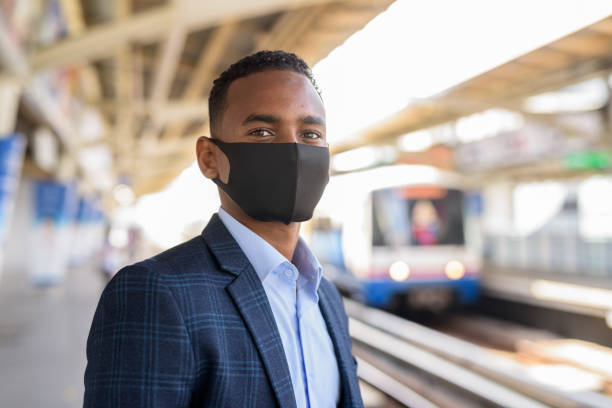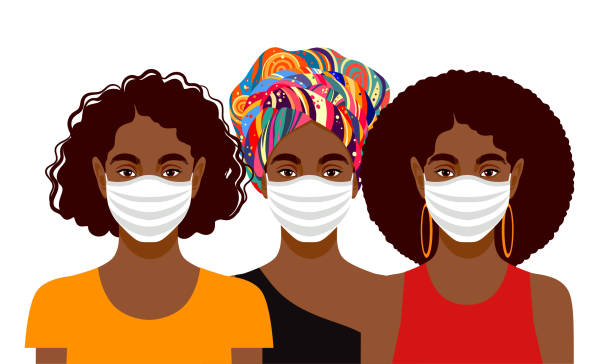01. Coronavirus variant Omicron on the rise globally
The new coronavirus variant Omicron has been spreading like wildfire. Around the world, health officials have raised concerns and urge everyone to take necessary measures against the same.
In India, 14 new cases of Omicron have been reported, which has shot up the tally to 87. The UK, with 78,610 cases, recorded the highest ever number of daily COVID-19 cases since the start of the pandemic. Britain’s chief medical officer Professor Chris Whitty says, “Records will be broken a lot in the next few weeks as the rates continue to go up”.
02. Symptoms to watch out for
While we’re all aware of the classic symptoms of COVID-19 such as fever, fatigue, persistent cough and loss of sense of smell and taste, experts believe that the symptoms from the Omicron variant may be different and more ‘unusual’.
Dr Angelique Coetzee, Chairperson of the South African Medical Association, who also happens to be the first person to have found the Omicron variant, said that the disease caused ‘mild’ infections and affected individuals reported no signs of severe symptoms.
Those who were diagnosed with the Omicron complained of fever that got treated on its own, ‘scratchy’ throat, fatigue and body ache.
In another update by South Africa’s Department of Health, general practitioner doctor Unben Pillay said that night sweats could be telling symptoms of the new Omicron variant that may arise at night. It could be accompanied by other symptoms including “lots of body pain,” added the doctor.
03. What is the incubation period for COVID-19 in general?
As per the World Health Organisation (WHO), “On average it takes five to six days from when someone is infected with the virus for symptoms to show, however it can take up to 14 days.”
It is believed that COVID-infected individuals can efficiently transmit the SARs-COV-2 virus to others from around two days before symptoms start, and for up to 10 days after.
Irrespective of whether a person has symptoms or not, they are most likely to pass the infection on to others.
04. Do symptoms from the new Omicron variant show up sooner than other coronavirus variants?
Omicron cases have surged around the world in a short span of time. Symptoms from the new variant are said to be slightly unconventional too. But does it mean the incubation period of the new variant is shorter than usual?

While research around the same is still ongoing, experts believe that symptoms from Omicron could show up sooner than previous COVID-19 variants.
According to UK’s Health Secretary Sajid Javid, “Recent analysis from the UK Health Security Agency suggests that the window between infection and infectiousness may be shorter for the Omicron variant than the Delta variant.”
Additionally, the possibility of a shorter incubation period of the Omicron variant is said to be one of the reasons behind the variant’s higher transmission rate.
05. The next step
A person infected with COVID-19 becomes contagious around 2 days prior to symptoms onset and for upto 10 days after, which means during this infectious window, you could infect anyone.
If you come in contact with an COVID-infected person, make sure you quarantine yourself and get yourself tested for the same. Until your reports are out, do not come in contact with anyone.
If you come in contact with an COVID-infected person, make sure you quarantine yourself and get yourself tested for the same. Until your reports are out, do not come in contact with anyone.
Given that you test positive for the virus, self-isolate yourself, monitor your symptoms and in case of severity i.e. if you develop a shortness of breath, chest pain, breathing difficulties or are low on oxygen, seek medical help immediately.
06. Prevention is better than cure
As of now, staying safe should be your priority.
Omicron variant may be causing just mild symptoms, but there is no way you can undermine it. While much remains under speculation, it is crucial that you stay vigilant and take all preventive measures against the virus.
Wear your masks regularly, do not visit crowded areas and maintain social distancing. For now, avoid making unnecessary travel plans as it could increase your risk of infection.
* Courtesy: Times of India




